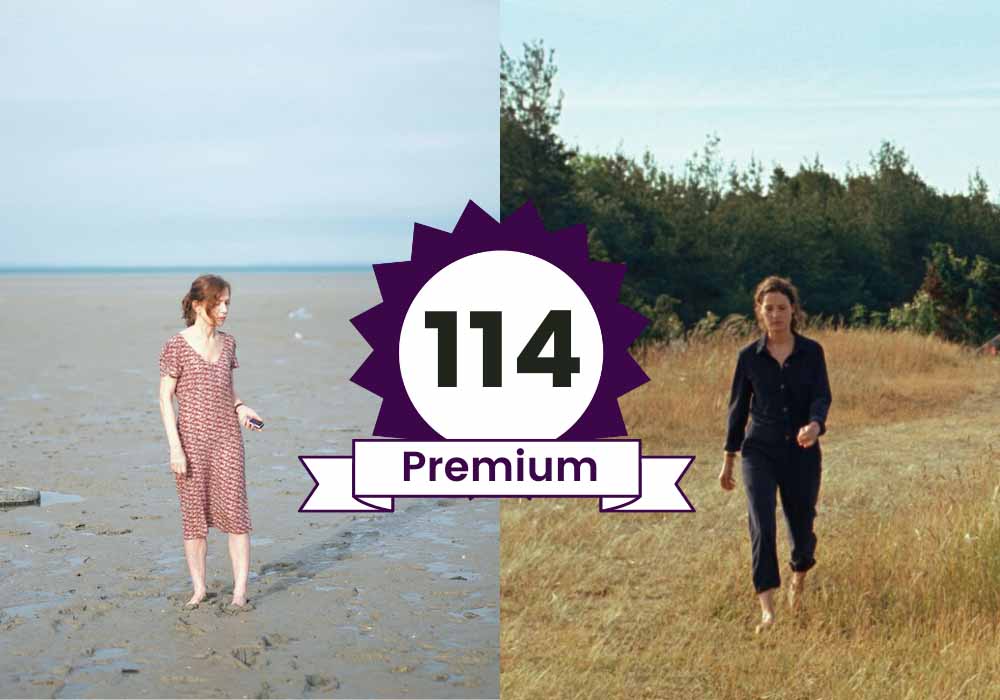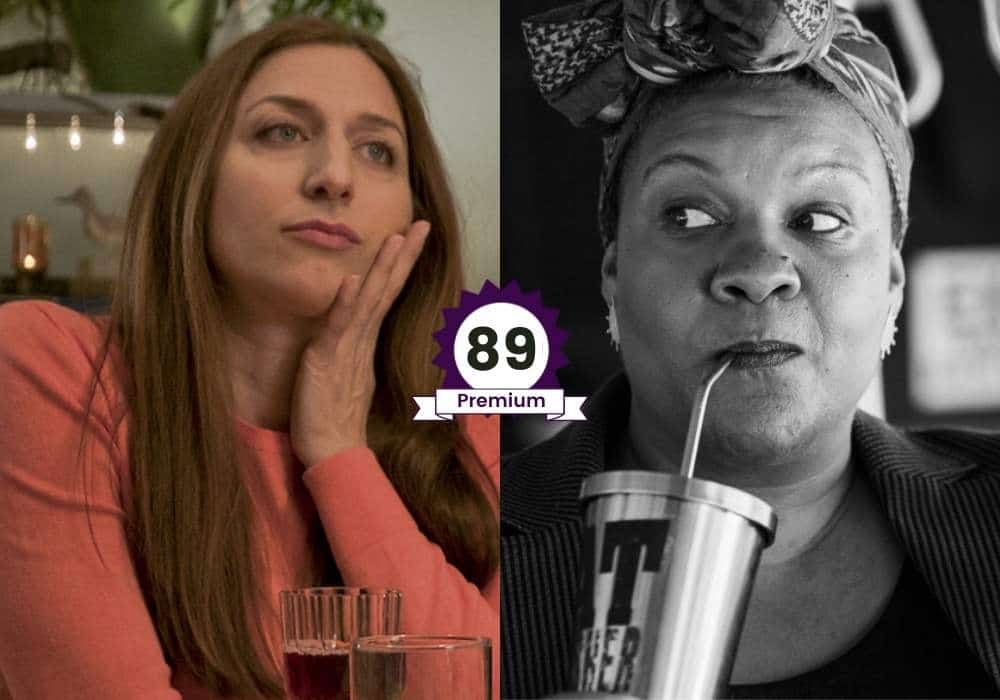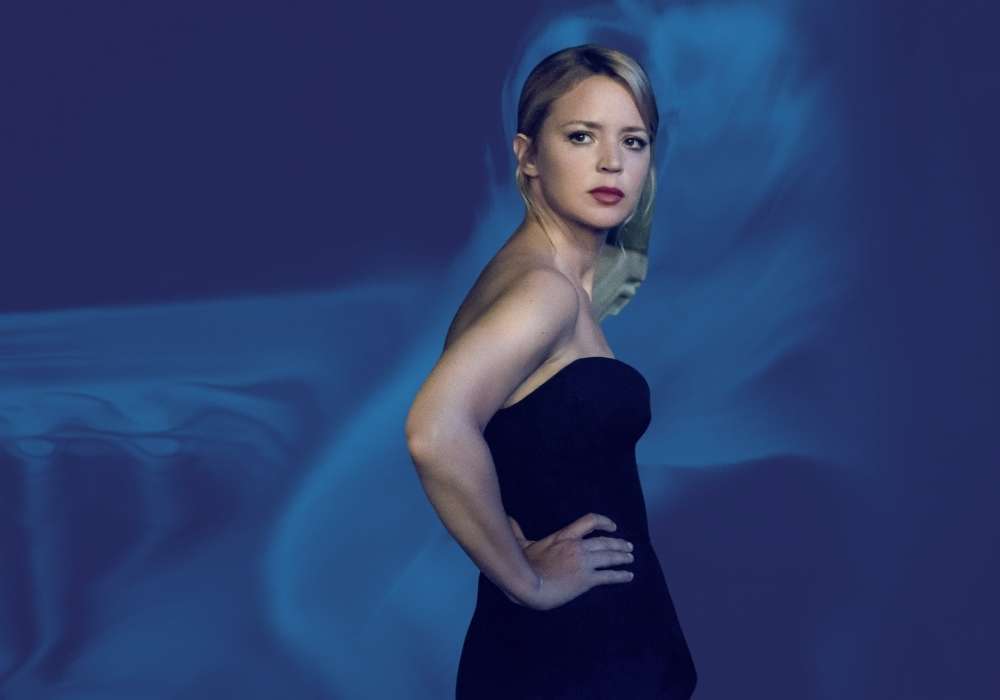Alex Heeney reviews Rebecca Zlotowski’s new film Other People’s Children, about a woman approaching forty, trying to figure out how to be a parent when she may no longer be able to be a biological one.
Listen to our podcast on Zlotowski’s previous film, An Easy Girl, here.
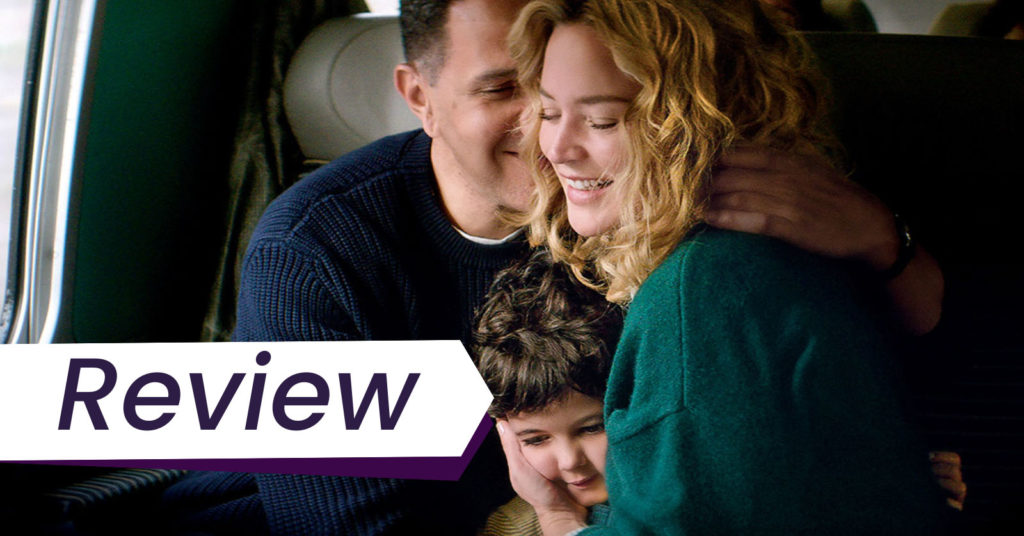
Discover one film you didn’t know you needed:
Not in the zeitgeist. Not pushed by streamers.
But still easy to find — and worth sitting with.
And a guide to help you do just that.

Don’t miss out on the best films on the fall film festival circuit
Join our FREE newsletter today to become a Seventh Row inside. You’ll get updates on how to see the best under-the-radar films, up-to-the-minute updates from our festival coverage, and tips on where to catch these near you.
Set over the course of a particularly important year, Rebecca Zlotowski’s film Other People’s Children follows Rachel (a never better Virginie Efira), a teacher approaching forty. We watch as she navigates her many roles as a carer for children, all while fertility window approaches its end. After years as a happily child-free woman, Rachel suddenly has the strong desire to be a mother. She jumps head-first into a romantic relationship with Ali (Roschdy Zem), possibly because she falls for his daughter, Leïla (Callie Ferreira-Goncalves).
There are warning signs from the beginning. She wants to meet his daughter before they’ve decided to be exclusive. They have sex without a condom even though she’s not on the pill. Nobody over sixteen really believes the ‘pulling out method’ works — but Rachel might actually be after his sperm. Ali regularly pushes the emotional labour of parenting onto Rachel without offering her the partnership of a co-parent. He’s right that it’s too soon, but it often feels like he’s using Rachel for free childcare. Zlotowoski regularly lets us know that Rachel is aware of this dynamic. But Rachel blithely ignores it because she wants so desperately to be a mother.
Other People’s Children continues to develop the new cinematic grammar for films about women with lots of things going on in their lives
Other People’s Children is the latest film — in the vein of Mia Hansen-Løve’s Things to Come (2016), Justine Triet’s In Bed with Victoria (2016) and Sibyl (2019), Andrea Dorfman’s Spinster (2019), and Radha Blank’s The Forty-Year-Old Version — to tell a story of a middle-aged woman with lots of things going on in her life. All of these films share a similar grammar: lots of short scenes, dense with information, and at a speed aligned to the characters’ feelings about time. In addition to her romantic life, Rachel is juggling her role as a teacher and mentor to a troubled teenage student. Her sister is also pregnant, and Rachel is discovering her newfound role as an aunt. At every turn, there seems to be an opportunity for her to have a role as a parental figure. She just can’t be the parent of her own biological child.
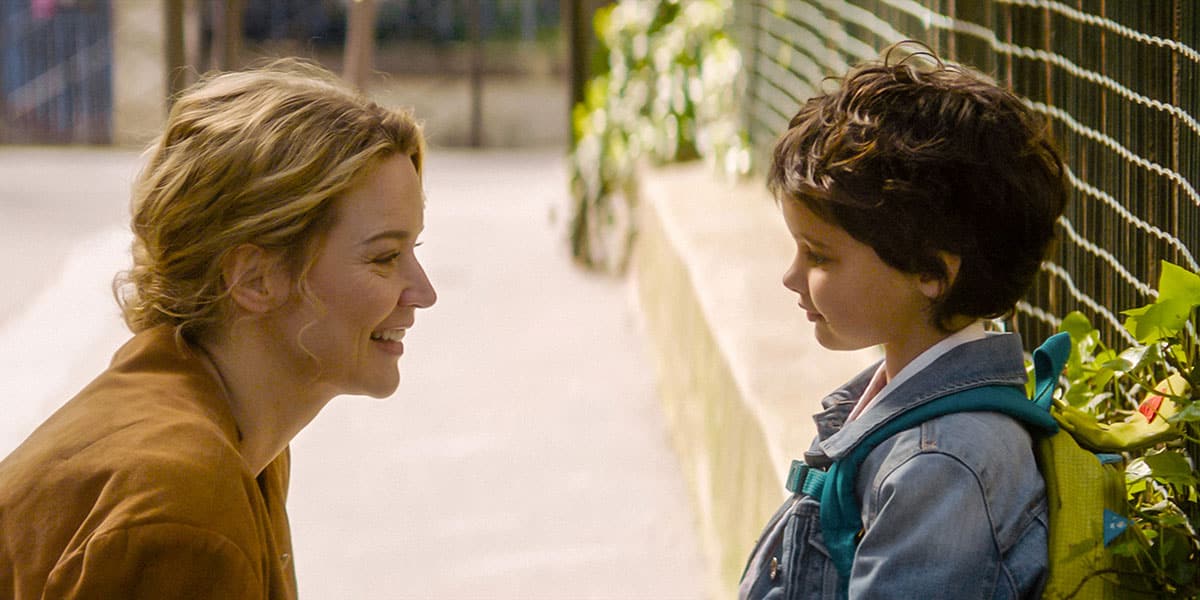
As Zlotowski put it to me (in an upcoming interview for Seventh Row), Rachel finds herself as the supporting character in other people’s stories. The supporting parental figure has becoming increasingly common for women. Child-bearing often gets delayed and people cycle through multiple relationships that each might produce children. But it’s one that neither Zlotowksi nor I had seen on screen before. Other People’s Children grants Rachel the leading role that her many relationships don’t. It reveals that, taken together, her multiple supporting roles as a carer leave a big impact. Rachel’s fertility may be out of her hands. But Zlotowski regularly takes the time to show Rachel making choices, staying on Efira in long takes, watching her think. Zlotowski also regularly shoots Rachel crossing streets and walking across the city, a great visual metaphor for those choices.
Playing with time in Other People’s Children
One of the miracles of Other People’s Children is the way that Zlotowski and her editor Géraldine Magnenot (An Easy Girl) stretch and compress time. Early in the film, Rachel visits her gynaecologist (played by the Frederick Wiseman in a lovely cameo). He advises her that when it comes to her fertility, months are like years. Likewise, the film moves at a clipped pace, as if time is marching forward without us noticing. Yet it feels impossible that everything that happens to Rachel only happened in a year. It’s emotionally heavy. So it feels like she’s lived a lifetime during the year in which she closes the chapter on her fertility.
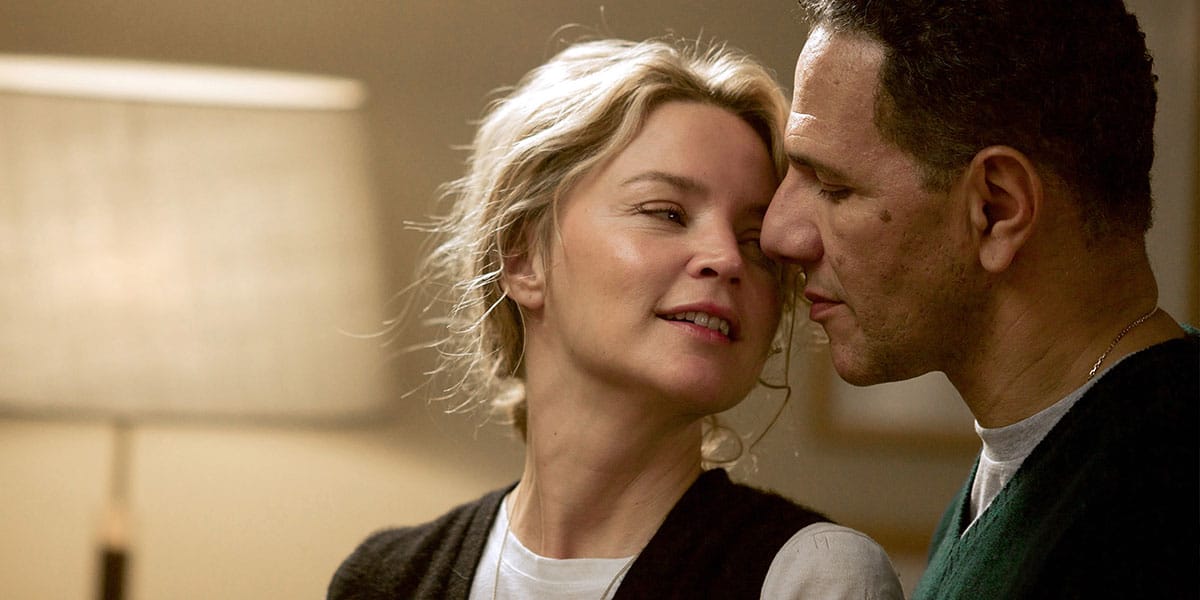
Virginie Efira does career best work in the film
Efira has long been one of the most exciting actresses working today. She has a proven commitment to telling stories about complicated, and even unlikable, women over thirty. She regularly works with major female auteurs, from Catherine Corsini (An Impossible Love) to Alice Winocour (Paris Memories) to Justine Triet (Sibyl, In Bed with Victoria). Efira does some of her career best work in Other People’s Children, perhaps because of her personal connection to Rachel. As she told me in a forthcoming interview for Seventh Row, she felt so close to the character.
Efira shows Rachel’s subtle changes through the year in her body language. At the beginning of the film, Rachel is always running and rushing, hurrying through life. By the end of the film, she’s slowed down, relaxed, and come to accept her lot. Along the way, we always feel like Rachel is thinking, aware of her own occasional self-sabotage but willing to make the sacrifice for something bigger. It’s a tour de force.
Rebecca Zlotowski’s films Other’s People Children is still an acquisition title, meaning it is still seeking distribution in North America and the UK, even after its TIFF and Venice premieres.
You may also like our podcast reviews of other films like Other People’s Children and related articles…

Become a Seventh Row insider
Be the first to know about the most exciting emerging actors and the best new films, well before other outlets dedicate space to them, if they even do.
